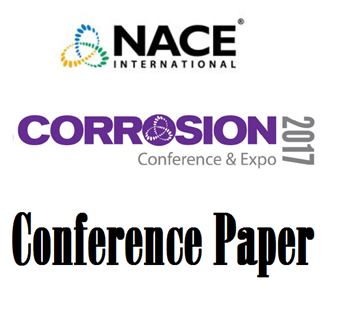Search
51315-5535-Compatibility of Sealing Materials with Biofuels and Biodiesel—Heating Oil Blends
Also Purchased
51315-5536-Compatibility of Polyethylene Grades with Biofuels and Biodiesel—Heating Oil Blends
Product Number:
51315-5536-SG
ISBN:
5536 2015 CP
Publication Date:
2015
$0.00
51315-5455-Corrosion in Systems for Storage and Transportation of Petroleum Products and Biofuels
Product Number:
51315-5455-SG
ISBN:
5455 2015 CP
Publication Date:
2015
$0.00
Compatibility Evaluations of Sealing Materials with Aged Biofuels
Product Number:
51317--8847-SG
ISBN:
8847 2017 CP
Publication Date:
2017
$20.00




